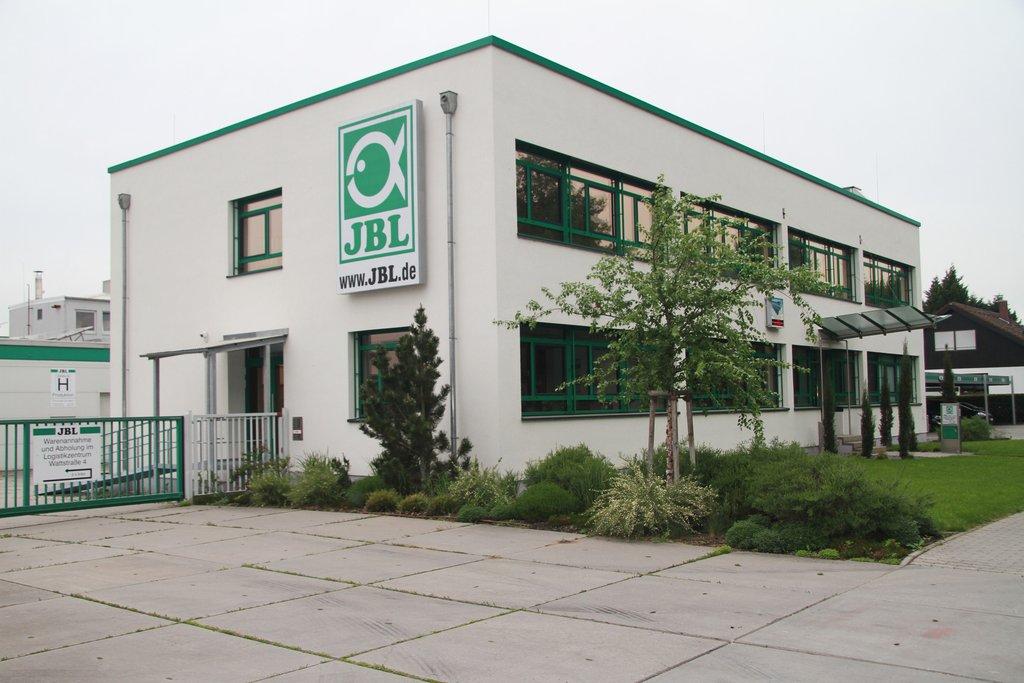Intel (NASDAQ: INTC) faces challenges in its contract manufacturing business after Broadcom's (NASDAQ: AVGO) tests of Intel's 18A process fail, impacting its turnaround strategy.
Intel's Manufacturing Business Faces Setback Amidst Disappointing Test Results
Intel Corporation (NASDAQ: INTC) has experienced a setback in its contract manufacturing division following unsuccessful tests with Broadcom Inc. (NASDAQ: AVGO). The testing, involving silicon wafers processed through Intel’s advanced 18A manufacturing technology, has not met expectations, according to sources.
Broadcom received the silicon wafers from Intel last month and, after an evaluation by its engineers, concluded that the 18A manufacturing process is not yet suitable for high-volume production. The current status of the relationship between Broadcom and Intel or any potential decision to move away from a manufacturing deal remains unclear.
Intel has maintained that its 18A process is functioning as intended and is on track for high-volume production next year. The company emphasized ongoing interest in its 18A technology but refrains from commenting on specific customer interactions. Broadcom, on its part, has stated that it is still evaluating Intel’s foundry offerings and has not reached a conclusion regarding the potential deal.
Intel’s contract manufacturing business, launched in 2021 as part of a strategic turnaround plan, has faced significant challenges. The company's recent second-quarter earnings report revealed a 15% job cut and a reduction in capital spending for factory construction. A strategic review of potential cost reductions is expected to be presented to the board in mid-September.
Intel’s expansion strategy includes a commitment of approximately $100 billion to build new factories across the U.S. The company aims to attract major customers, such as Nvidia Corporation (NASDAQ: NVDA) or Apple Inc. (NASDAQ: AAPL), to utilize its new manufacturing capacity. However, Intel reported a $7 billion operating loss in its foundry business, a significant increase from the previous year's $5.2 billion loss, with a projected breakeven for the contract chip business expected by 2027.
Advanced chip manufacturing involves over 1,000 steps and takes about three months to complete, with production success dependent on the yield of working chips per silicon wafer. The viability of the process is determined by the number of defects and overall chip quality. For comparison, other manufacturers like Taiwan Semiconductor Manufacturing Company (NYSE: TSM) charge approximately $23,000 per wafer for high-volume production, though Intel's pricing details remain undisclosed.
Transitioning chip designs from one manufacturer to another can be a complex and resource-intensive process, often taking several months and involving numerous engineers.
Intel has made its 18A manufacturing toolkit available to other chipmakers and plans to be ready for its own chip production by the end of this year, with high-volume external production anticipated to start in 2025. The company reports engagement with a dozen customers interested in its new technology.
Independent Analysis & No Investment Advice EstimatedStocks AB is an independent financial research platform. This publication is ...
Author
Shaik K is an expert in financial markets, a seasoned trader, and investor with over two decades of experience. As the CEO of a leading fintech company, he has a proven track record in financial products research and developing technology-driven solutions. His extensive knowledge of market dynamics and innovative strategies positions him at the forefront of the fintech industry, driving growth and innovation in financial services.


